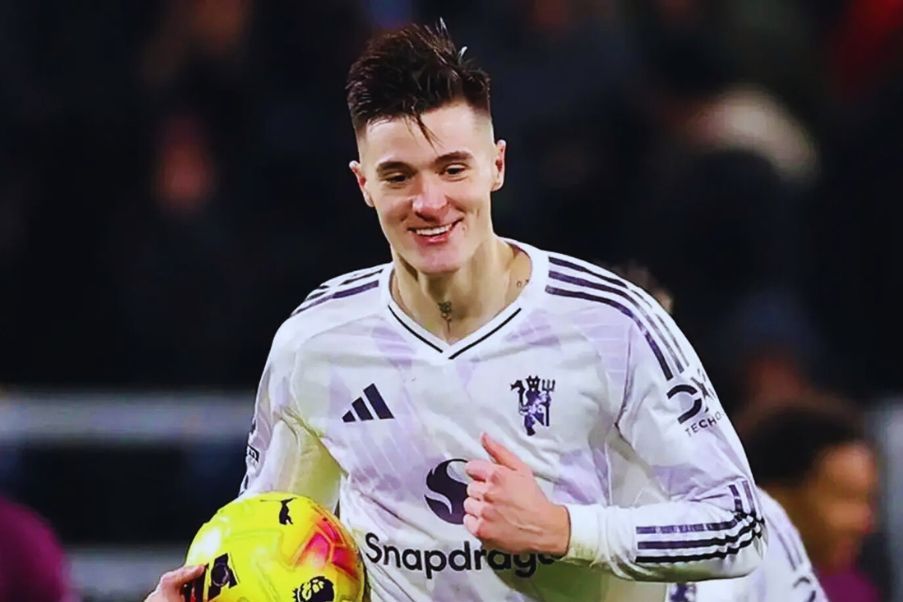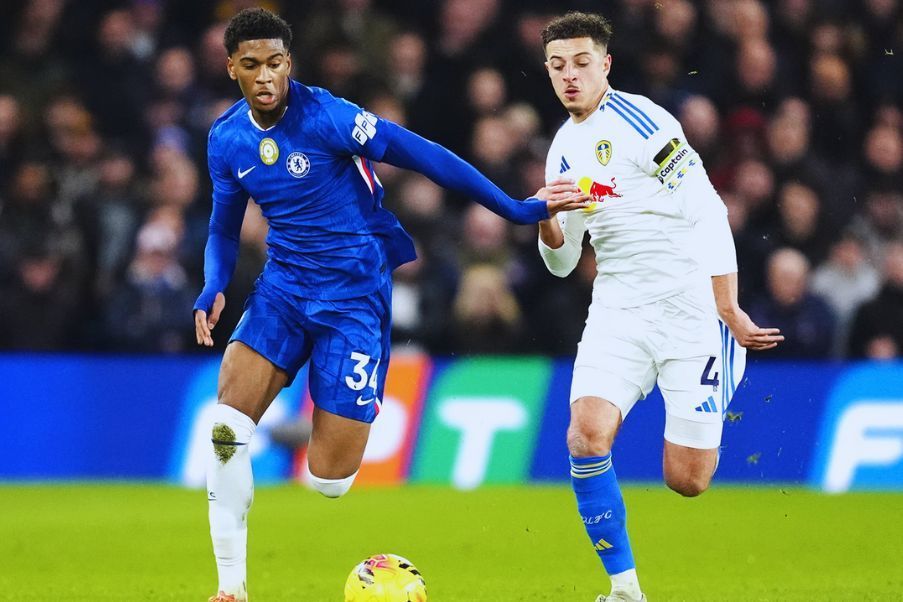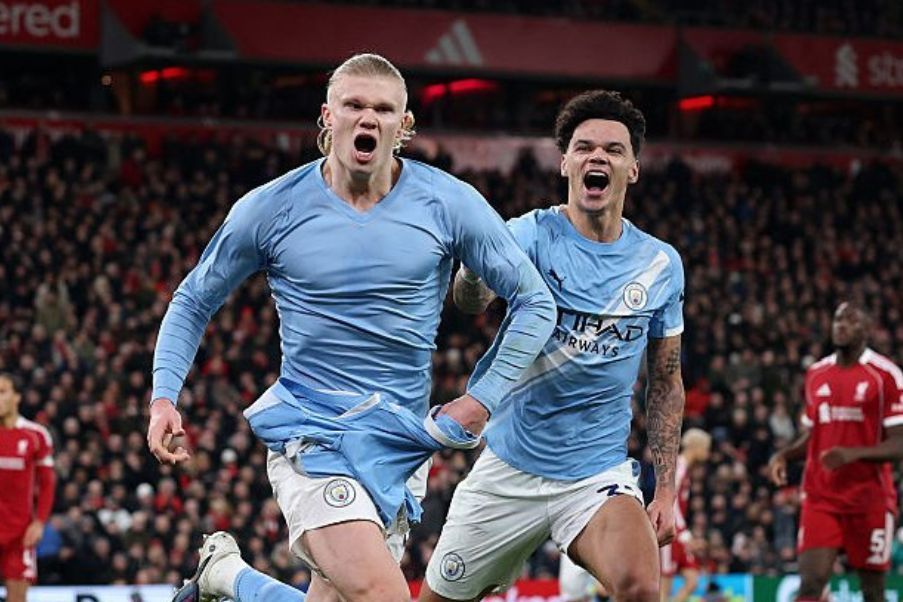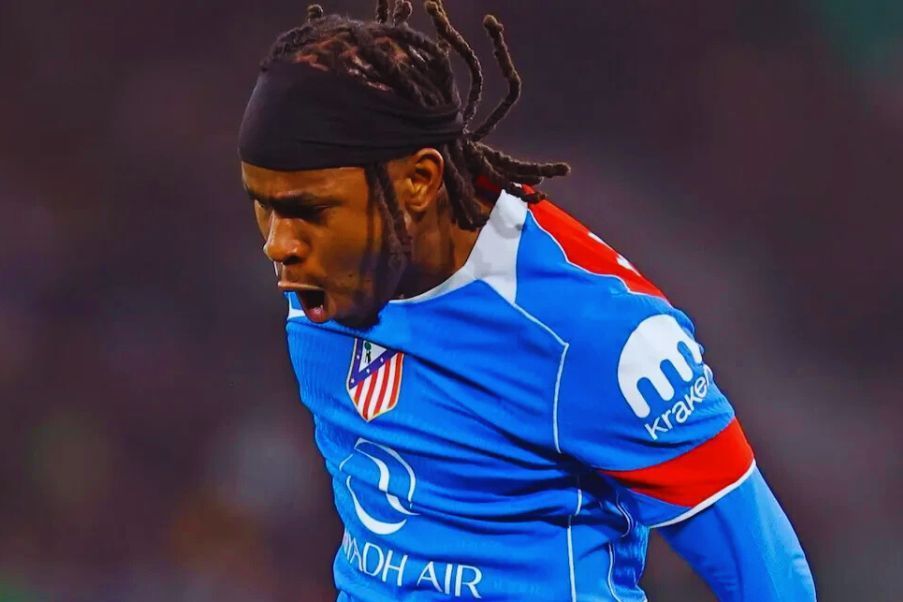Exclusive Interview with Miroslav Klose
Manos Staramopoulos of Discoveryfootball.com spoke exclusively with current Nürnberg coach Miroslav Klose about Tzimas and other interesting football topics.
Miroslav Klose is not just a legend of world football. He is a man who continues to watch football with the same hunger (this time from the sidelines), investing in young players like Stefanos Tzimas. The future looks exciting. Klose is Germany's all-time top scorer and holds the record for most goals scored at a FIFA World Cup, with 16 goals in four editions of the tournament between 2002 and 2014. Klose is best known for his appearances for the German national team. Born in Opole, Poland, Miroslav Josef Klose (June 9, 1978) is the son of two prominent sportsmen. His father, Josef, was a professional footballer who left the national team in 1978 to play for Auxerre in France, while his mother, Barbara Gez, was a member of the Polish women's handball team. In 1986, Miroslav, then 8 years old, followed his father to Küsel, West Germany, knowing only two words of German. There, the young Klose developed his footballing skills and passion with local team SG Blaubach-Diedelkopf, who were playing in the seventh division of West Germany at the time. He also worked as an apprentice carpenter.
In 1998, Klose's professional career began at the age of 20 with a transfer to the reserves of former Bundesliga team
FC Homburg. Twelve months later, he moved to
FC Kaiserslautern. He played for the second team and made his Bundesliga debut in April 2000. He scored 16 goals in the 2001–02 season,[18] and, with just two goals, became the club's top scorer. In March 2004, Klose signed a four-year contract with
Werder Bremen for €5 million. He made his league debut on 6 August 2004, replacing Paraguayan striker
Nelson Haedo Valdez in a 1–0 home win against Schalke 04. On 29 August 2004, Klose scored his first goal, equalising, but Werder lost 2–1 at home to Wolfsburg.
The big step
On 7 June 2007, Klose confirmed that he would leave Werder Bremen for Bayern Munich before the 2007–08 season or after his contract expired.
His performances led to a move to Bayern Munich in 2007. During his time at Bayern, Klose won the 2007–08 and 2009–10 Bundesliga titles. In 2011, Klose moved to Serie A side Lazio, where he won the 2012–13 Coppa Italia, before finally ending his playing career in 2016, after five years at the club.
He was part of the team that won the 2014 World Cup, having previously finished the tournament in second place (2002) and third place (2006, 2010). He finished second at Euro 2008 with Germany and tied for third at Euro 2012. He holds the record for most goals scored in a FIFA World Cup, having scored 5 goals on his debut in 2002, and having won the Golden Boot at the 2006 World Cup in Germany, scoring another 5 goals.
He also scored four goals at the 2010 World Cup and two at the 2014 World Cup, surpassing Brazil's record of 15 goals in the latter tournament and taking him to the top of the all-time list. He retired from international football in August 2014, shortly after Germany's victory at the 2014 World Cup. As such, the former international centre-forward is considered one of the best strikers of his generation and remains the top scorer in World Cup history with 16 goals. In 2023, he was awarded the UEFA President's Award. He is now the manager of Nuremberg, who own (on loan from Brighton until the summer) young Greek striker Stefanos Tzimas.
Manos Staramopoulos spoke exclusively with current Nürnberg coach Miroslav Klose about Tzimas and other interesting football topics.
1- Mr. Klose, how do you rate your coaching experience in Nürnberg so far and what are your most important goals for the rest of the season?
R/: “It has been a very intense few months. At the beginning, in particular, we needed some time, as there were many changes in the team and also in the coaching staff in the summer. As a result, we had to learn the hard way sooner or later in the first half of the season. We want to make up for it, we work on it every day and we are on the right track. We have always said that we want to have a quiet season and consolidate a single-digit place in the league table.”
2- As one of the best scorers in the history of world football, how different is your way of seeing the game from the bench?
R/: “The work is as enjoyable as being on the pitch as a footballer. But it’s different overall. As a coach, you have to make more decisions every day and deal with more problems.”
3- What elements of your football experience do you try to pass on to your players?
“I always wanted to climb the ladder, step by step, without skipping a step, I've always been like that. I saw it in some of my teammates, who maybe chased money, but in any case skipped championships and then played less or not so well. I didn't want that. I could have made bigger leaps, but I didn't think so. My instinct has always been important to me.”
4- How do you see Stefanos Tzimas' development? What are his strengths and what do you think he still needs to work on?
“He already has a lot to give for his age. He wants to prove himself in every game. When dynamism comes into play, sometimes he is still a bit messy.”
5- Your team seems to give a lot of value to young players. Is it a strategic decision or a necessity?
R/: “This is the path we have consciously chosen. It is our DNA. We want to promote young players and make them grow further.”
6- What is your personal vision as a coach? Are you planning to manage a first division team or maybe the German national team in the future?
R/: “It would be great to coach a
UEFA Champions League club one day. Will it be in three, five or ten years? I know I will follow my own path. But I have already stressed several times that FCN and I are a great match.”

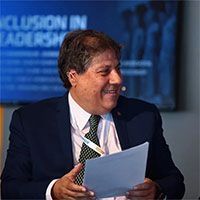
Manos Staramopoulos
Journalist and Analyst of International Football and Affairs
Chief Editor English Zone of Discoveryfootball.com
Athens (Greece).







